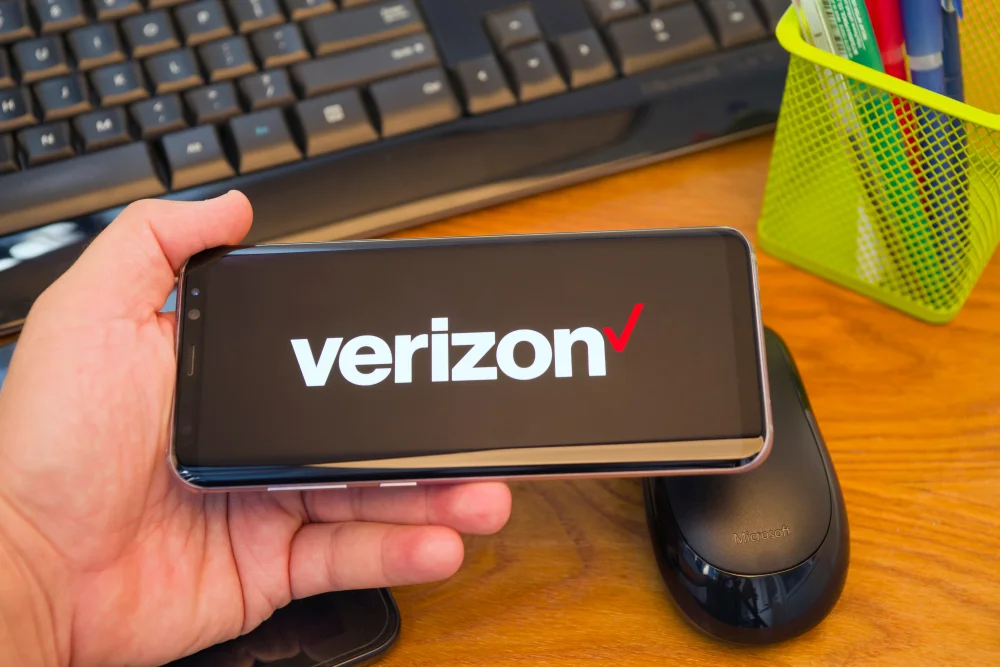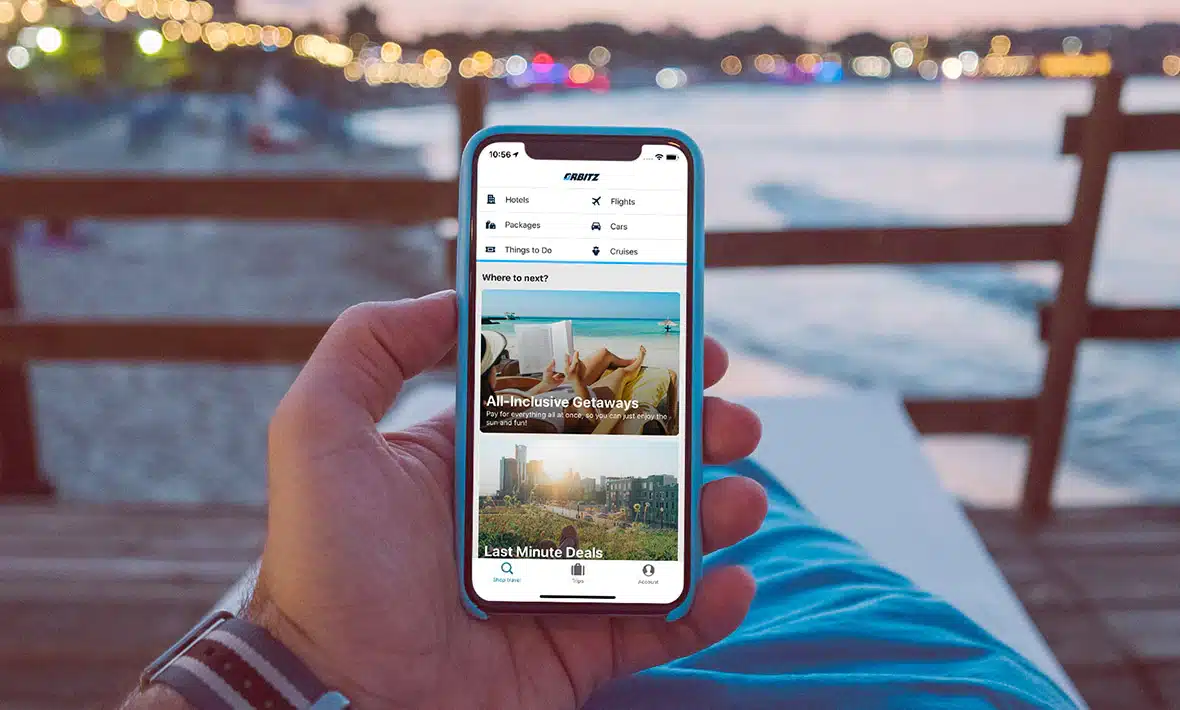
Verizon Home Internet: The Good, The Bad, and What You Need to Know
Verizon offers home internet service using both fiber optic and DSL technology. This review will provide an overview of Verizon’s home internet service, including availability, speeds, pricing, data caps, equipment, installation, reliability, and customer service. verizon home internet
I’ll cover the pros and cons of Verizon’s home internet service to help readers determine if it’s a good fit for their home connectivity needs. The focus will be on their Fios fiber optic service since that offers faster speeds and is available to more households than their DSL service.
Availability
Verizon Home Internet is available in over 200 million households across the United States. It is focused on major metropolitan areas, covering many large cities and surrounding suburbs.
Some of the major metro areas with Verizon Home Internet coverage include:
- New York City
- Los Angeles
- Chicago
- Dallas
- San Francisco
- Philadelphia
- Houston
- Washington D.C.
- Boston
- Atlanta
- Phoenix
- Seattle
- Detroit
- Minneapolis
- Miami
- Denver
- San Diego
Verizon uses its own fiber-optic network infrastructure to provide home internet access. This gives Verizon an advantage over cable providers in terms of direct control over the network. The fiber network reaches far and wide, bringing fast and reliable internet to millions of homes.
Check Verizon’s website to see if your address is eligible for service. They offer an address lookup tool to instantly see what internet packages are available at your location.
Speeds verizon home internet
Verizon offers a range of download and upload speeds across its DSL and Fiber-optic internet plans to suit different needs.
The download speeds range from 1 Mbps for DSL up to the fastest Fios plan with speeds up to 940 Mbps. Upload speeds range from 384 Kbps to 880 Mbps.
Verizon’s DSL internet runs on traditional phone lines and offers slower speeds ranging from 1 to 15 Mbps for downloading and 384 Kbps to 1 Mbps for uploading. These plans are ideal for basic web browsing and standard-definition video streaming.
The faster Fios fiber-optic internet uses fiber-optic cables and can provide symmetrical speeds up to 940/880 Mbps. With these ultra-fast speeds, you can smoothly stream 4K videos, games online, video conferences, and more across multiple devices simultaneously.
The main difference between DSL and Fios is the technology infrastructure. Fios uses newer fiber cables compared to DSL’s older copper wires. Fiber allows for much faster speeds, lower latency, and more reliable connections. However, Fios availability depends on your area, while DSL has a wider reach.
Pricing
Verizon Fios home internet pricing varies based on your location and the speed tier you select. Here are some typical pricing options:
-
200 Mbps – Starts at €40 per month with a 1-year contract. Currently offering €20 off per month for the first year.
-
400 Mbps – Starts at €50 per month with a 1-year contract. Currently offering €25 off per month for the first year.
-
940 Mbps – Starts at €70 per month with a 2-year contract. Currently offering €30 off per month for the first 2 years.
-
Gigabit Connection – Starts at €80 per month with a 2-year contract. Currently offering €35 off per month for the first 2 years.
Occasional promotions may offer free installation or discounts on equipment fees when you bundle services. Overall, Verizon Fios pricing is competitive with other fiber internet providers in areas where service is available. The higher speed tiers, like Gigabit, come at a premium but provide super-fast speeds with low latency for high-bandwidth uses.
Data Caps
Verizon Fios home internet plans do not have data caps in most areas. This means you can use as much data as you want without worrying about overage fees.
Some legacy DSL plans do still have data caps, usually around 150-300GB per month. If you exceed the data cap on these older plans, you will pay $10 for each additional 50GB of data usage.
The lack of data caps on their fiber-optic Fios plans is a major advantage Verizon has over some other providers like Comcast Xfinity that enforce data caps. Fios brings fiber straight to your home, providing faster speeds and no constraints on data use each month.
Equipment
To access Verizon’s home internet service, you will need to have the proper equipment. This includes a Verizon-issued router that connects your home to the Verizon network.
There are a few router options available from Verizon:
-
The Fios Quantum Gateway is Verizon’s newest model router that provides fast wifi speeds and can handle multiple devices connected at once. This model rents for around €10 per month.
-
An older model is the Fios Quantum Router, which still provides solid performance. This rents for around €7 per month.
-
You can also purchase your own compatible router instead of renting from Verizon. Make sure any router you buy is compatible with Verizon’s system. Purchasing your own router avoids the monthly rental fee.
In addition to a router, you may need other equipment like ethernet cables to connect devices directly to the router or wifi extenders if your home is large. Verizon may include some of this equipment with installation.
So in summary, while the router itself rents for a monthly fee from Verizon, you can avoid this by purchasing your own compatible model instead. And be prepared for any other wiring or extenders needed to get the strongest wifi signal distributed throughout your home. Verizon tech support can advise on optimal setup.
Installation
Verizon offers both professional installation and self-installation options for home Internet service.
Professional Installation
Verizon will send a technician to your home to complete the full setup process. The technician will install the necessary equipment, ensure proper connections, activate the service, and confirm everything is working correctly. This is the recommended option if you want to make sure it’s done right and don’t want to worry about any technical details.
The standard installation fee is €99, but it may be waived or discounted based on promotions. The professional installation process typically takes 1-2 hours. The technician will call ahead to schedule an appointment time that works for you.
Self-Install
For more tech-savvy customers, Verizon provides a self-installation kit that allows you to hook up the equipment and activate the service yourself. This is a good option if you feel comfortable configuring routers, modems, Ethernet cables, and other networking gear.
The self-install kit includes the router/modem, power cords, Ethernet cables, and setup instructions. There is no installation fee if you choose this option. The process takes 30–60 minutes on average but can vary depending on your skill level.
The key steps are connecting the router, activating the service, connecting devices via WiFi or Ethernet, and confirming the internet connection is live. Verizon also offers phone support if any issues come up during the self-install process.
Reliability
Verizon Fios home internet generally has a good reputation when it comes to reliability. Most reviewers report very few outages or interruptions in service.
According to various customer reviews, Verizon Fios fiber-optic networks tend to be more reliable than cable internet providers that rely on shared coaxial networks. The dedicated fiber line running directly to your home minimizes points of failure that can cause service disruptions.
That said, Fios is not immune to occasional outages. Severe weather, network maintenance, construction mishaps, and other issues can sometimes cause a temporary loss of connectivity. Most users report outages being resolved within several hours, especially if there are widespread issues in an area.
Overall, Verizon Fios customers are largely satisfied with the reliability of the service. While no provider is perfect 100% of the time, most agree that Fios has excellent uptime and continuity of service. As long as your equipment is installed properly and there are no problems with the fiber line itself, users can expect minimal downtime or interruptions.
Customer Service
Verizon Fios provides excellent customer service and support through a variety of channels. According to J.D. Power’s rankings, Verizon Fios ranks highest in customer satisfaction among home internet providers.
Verizon offers customer service through the following channels:
-
Phone support – Customers can call 1-800-VERIZON 24 hours a day, 7 days a week, to speak with a customer service representative. Wait times are typically very short.
-
Online chat – Customers can chat with a Verizon agent online via the website. Chat is available 24/7.
-
Self-help options – The Verizon website and app provide many self-help resources, such as FAQs, user forums, and how-to guides. Customers can also run speed tests and troubleshoot connection issues through the app.
-
Social media – Verizon has active social media accounts on Facebook and Twitter where customers can ask questions and get assistance.
-
Subreddit – r/Fios is a community of Verizon customers who help each other with technical issues and advice. Verizon employees also participate in the discussions.
Verizon provides multiple convenient ways for customers to get assistance with any issues that may arise with their Fios service. Their stellar customer service reputation gives customers confidence they will receive prompt and satisfactory support.
Summary verizon home internet
Verizon‘s home internet service offers fast speeds and reliable connections. However, it can be expensive compared to some other providers, especially if you need unlimited data.
Pros:
- Wide availability across the U.S.
- Fast download and upload speeds, with options up to 1 Gbps
- Reliable service and good uptime
- Good customer service ratings
Cons:
- Limited data plans can get expensive compared to unlimited options
- Equipment rental fees
- Installation fees if you don’t self-install
Recommendations:
Verizon Fios is a good option for home internet if you need consistently fast speeds and don’t mind paying a premium. Getting speeds of 300 Mbps or higher will ensure good performance for multiple devices and activities. However, if you’re looking to save money, you may want to compare it with other providers like Xfinity that offer cheaper unlimited data plans. Consider how much data you typically use each month. Overall, Verizon Fios delivers solid, reliable internet service if you don’t mind paying the higher monthly costs.








